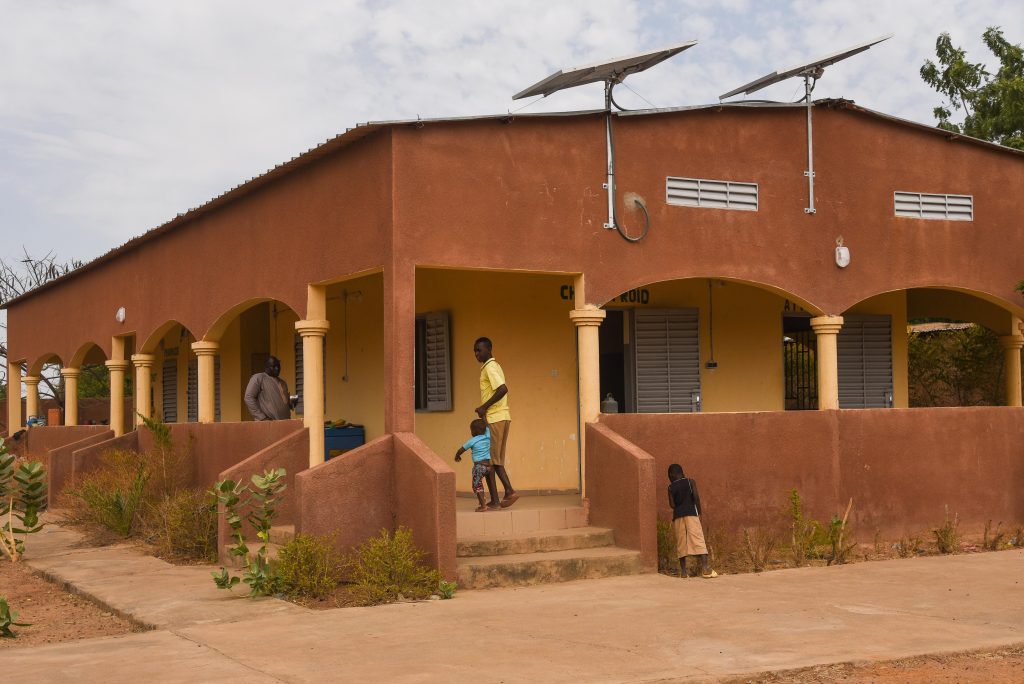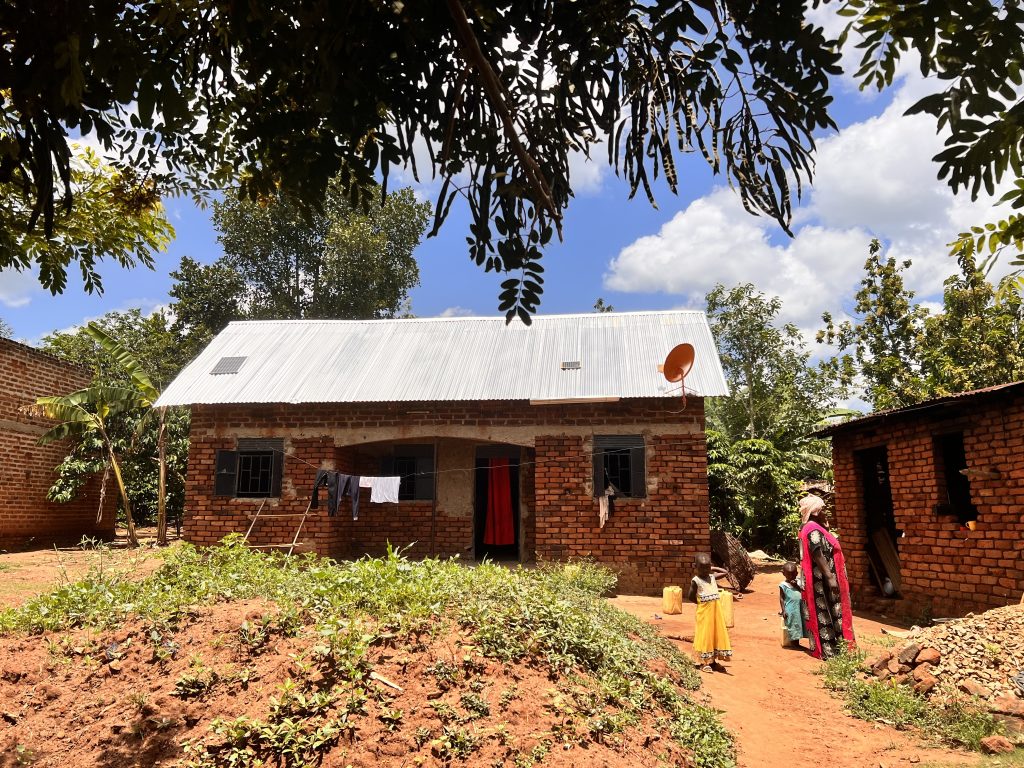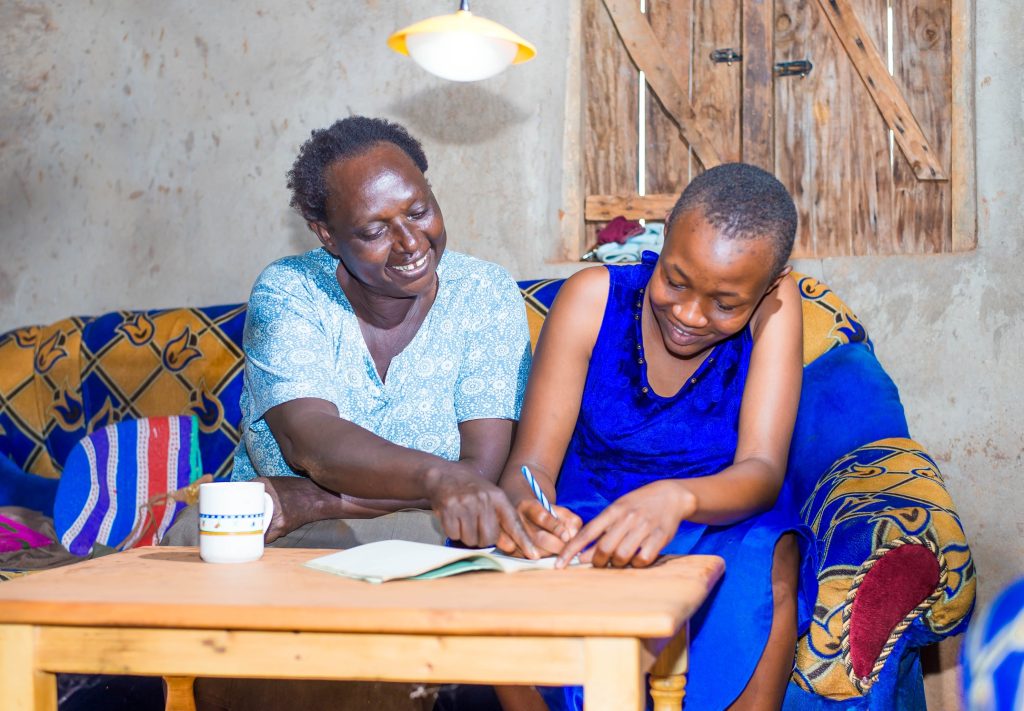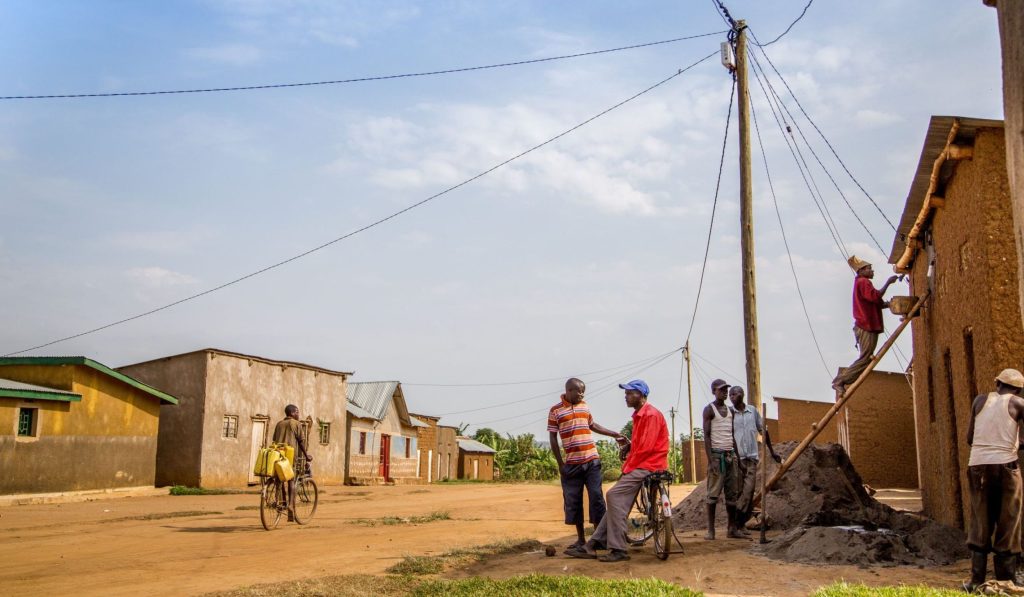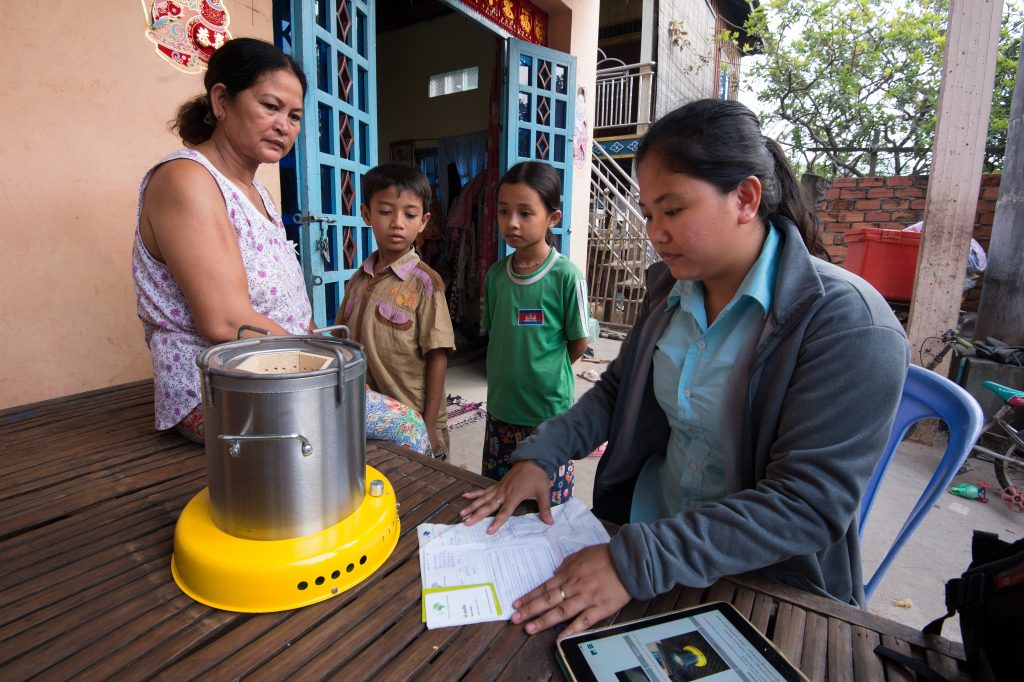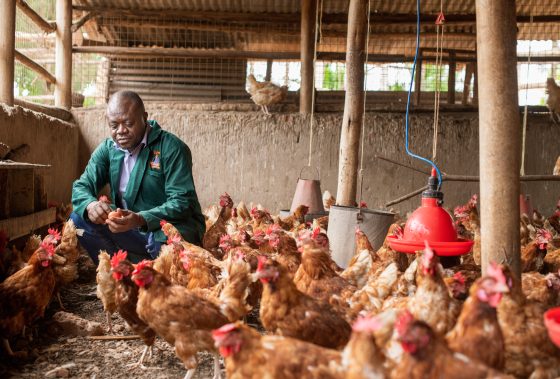Innovative financing schemes are needed in the energy access sector to accelerate market development, leverage private sector investment and contribute to a green transition. Results-based Financing (RBF) is one instrument in EnDev’s toolbox that can deliver on all of these aspects and tackle longstanding and emerging challenges. This proven and effective approach will be critical to reach the millions of people who still cannot access energy that is both affordable and sustainable.
RBF approaches are part of EnDev’s DNA
RBF has been mainstreamed into EnDev’s toolbox of financial instruments and is implemented across its portfolio. With more than 50 different past and present RBF projects, EnDev has accumulated a wealth of experience, with insights into success factors and lessons learnt from applying RBF.
From these experiences, EnDev is also able to serve as an incubator and a trusted source for innovation in the development of new types of RBF instruments in the energy access sector.
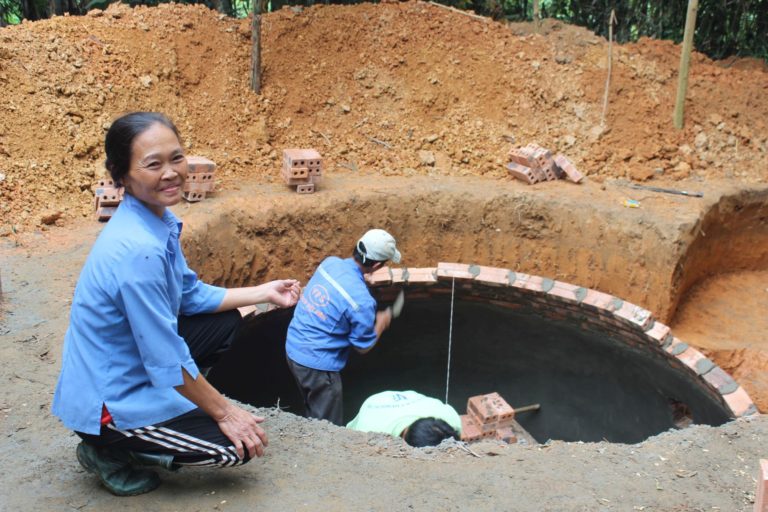
The beginning: EnDev’s RBF Facility (2013-2020)
In 2013, EnDev’s Results-based Financing Facility (RBFF) began as a large-scale pilot program with an impressive 17 projects across 14 countries in Africa, Asia and Latin America. Funded by UK Aid with a total of 40 million GBP, the projects were managed on country level by implementing agencies (GIZ, CLASP, HIVOS, Practical Action and SNV) while the EnDev programme took over centralised portfolio management. Projects covered a wide range of modern energy technologies and worked with 500 firms, supporting the further development of energy access markets. From a pilot idea on a drawing board, RBF quickly became a broadly applied and acknowledged tool in the energy access sector by the time the RBFF phased out in 2020.
Outcomes of EnDev’s RBF Facility:
- 5.8 million people now have improved access to energy
- 1.4 million modern energy technologies (like clean cooking stoves, solar water heaters and biogas digesters) are now deployed
- 42,000 connections between users and clean energy sources have been installed through mini-grids, extensions and densification programs
- 7,000 jobs have been created

Taking RBF to the next level
Within its portfolio, EnDev continues to push the boundaries of RBF and seeks to test innovative approaches. EnDev has partnered with two donors, the United States Agency for International Development and the Swiss Development Cooperation to design and pilot “next-generation RBF approaches.” These approaches enable a more explicit targeting of poor and/or last-mile customers, facilitate the transition from output- to outcome-based payments and foster innovative cooperation models with new actors such as social impact investors. They also broaden the scope of technologies from largely domestic energy systems to products that contribute to economic development.
The video below sheds light on an innovative Results-based Financing (RBF) approach called Social Impact Incentives (SIINC). What is innovative about SIINC is its specific focus on social outcomes: companies are incentivized to deepen their positive impact on clients’ lives. They receive payments for successfully verified results. In the video, you get to know one of the impact enterprises.

